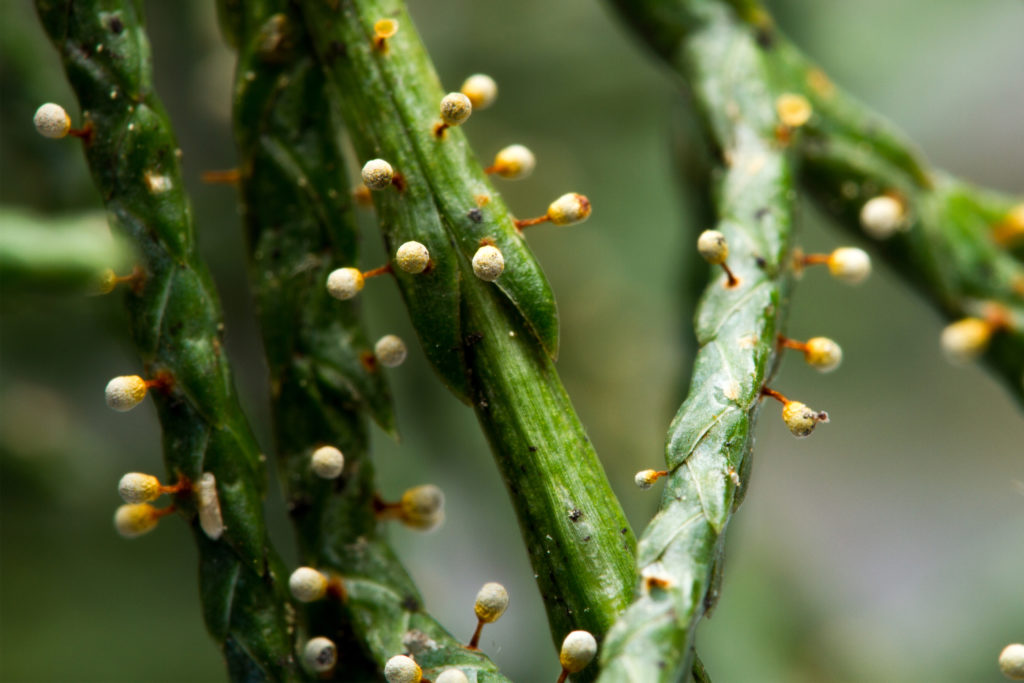Modified Plant Disease and Insect Clinic Operations
go.ncsu.edu/readext?660543
en Español / em Português
El inglés es el idioma de control de esta página. En la medida en que haya algún conflicto entre la traducción al inglés y la traducción, el inglés prevalece.
Al hacer clic en el enlace de traducción se activa un servicio de traducción gratuito para convertir la página al español. Al igual que con cualquier traducción por Internet, la conversión no es sensible al contexto y puede que no traduzca el texto en su significado original. NC State Extension no garantiza la exactitud del texto traducido. Por favor, tenga en cuenta que algunas aplicaciones y/o servicios pueden no funcionar como se espera cuando se traducen.
Português
Inglês é o idioma de controle desta página. Na medida que haja algum conflito entre o texto original em Inglês e a tradução, o Inglês prevalece.
Ao clicar no link de tradução, um serviço gratuito de tradução será ativado para converter a página para o Português. Como em qualquer tradução pela internet, a conversão não é sensivel ao contexto e pode não ocorrer a tradução para o significado orginal. O serviço de Extensão da Carolina do Norte (NC State Extension) não garante a exatidão do texto traduzido. Por favor, observe que algumas funções ou serviços podem não funcionar como esperado após a tradução.
English
English is the controlling language of this page. To the extent there is any conflict between the English text and the translation, English controls.
Clicking on the translation link activates a free translation service to convert the page to Spanish. As with any Internet translation, the conversion is not context-sensitive and may not translate the text to its original meaning. NC State Extension does not guarantee the accuracy of the translated text. Please note that some applications and/or services may not function as expected when translated.
Collapse ▲- We will not be receiving people at the door for at least the next two weeks. The interior main door to the clinic (1229A) will remain closed. Clients, agents, and others are asked to leave samples and completed sample submission forms outside the door for staff to retrieve. As long as campus mail services and private couriers continue to operate, samples can continue to be shipped to us as usual.
- We will process samples as quickly as we can, but please keep in mind that diagnoses may be delayed due to staffing and other limitations.
- Please refrain from submitting non-essential and other samples that can wait until our operations return to normal. This will help the clinic staff address more urgent samples.
- We will not be receiving physical samples of trees or woody shrubs from home landscapes for at least the next two weeks. Any samples that are submitted against this instruction will be discarded; no charges will be incurred for these.
- Indoor mold samples (swabs) will be held for at least two weeks before diagnosing.
- If an image sample can be submitted first via our database (following instructions on our website), please do so. If we can identify the problem from photos we will, but we cannot guarantee that a diagnosis can be made from photos alone. In cases where an ID cannot be made using photos, please heed the special instructions for physical samples described above.
- Please note that the NC State University Turf Diagnostic Lab is temporarily closed.



